Published: 02/26/2021
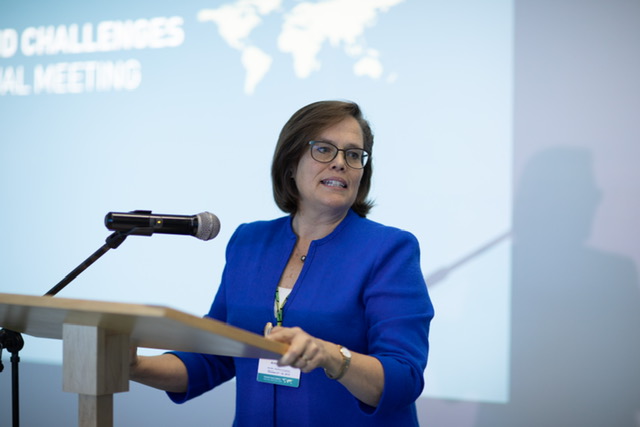
After 30 years of working in global health, Amie Batson has seen too many missed opportunities for impact because women weren’t included at decision making tables. Today, Amie has made it her mission to increase women’s leadership in global health with the new organization WomenLift Health.
By Lucas Oliver Oswald.
With a storied career in global health, Amie Batson has sat down at far too many tables only to find that she was the sole woman there.
“I’ve spent too much time in meetings comprised of all men except for me,” Amie says. “There were brilliant women who should have been in those rooms, women whose expertise and lived experiences would have brought so much more to those discussions.”
After years in leadership positions at organizations like PATH, USAID, and GAVI, Amie recently decided to tackle this issue head on.
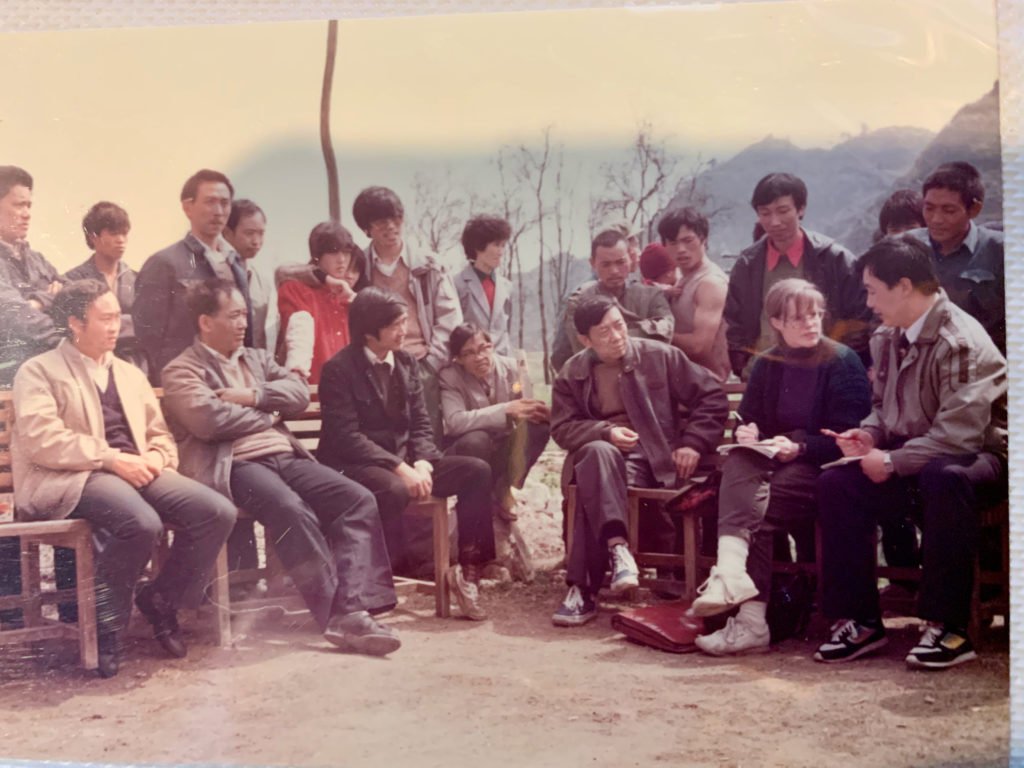
“As a woman leader, I personally know how important strong mentors and sponsors were in helping me navigate my own journey to leadership. Women in all sectors face extra hurdles, and having that guidance is an invaluable resource.”
Last year, Amie took on the role of Executive Director at WomenLift Health, a new organization based at Stanford University that is expanding the power and influence of diverse, talented women in global health. With support from the Bill & Melinda Gates Foundation, WomenLift Health is taking concrete actions to achieve gender equality in global health leadership, resulting in better health outcomes for all. In the last year, they convened the 4th annual Women Leaders in Global Health conference, bringing together over 2,000 participants from 60+ countries, as well as standing-up the Women’s Leadership Journey, a year-long, fully-funded program, which provides accomplished, mid-career women with the tools — along with mentorship, coaching and peer support — to elevate their voice, expertise and leadership skills for health impact.
Amie and I sat down recently to discuss the barriers women face in global health and how WomenLift Health is addressing them.
1
Why is women’s leadership essential to global health?
Global health addresses some of the biggest challenges that humankind faces. We need to have the best talent and we need to draw that talent from all of humankind, not just the male 50%.
Health is also largely delivered by women. Seventy percent of the global health workforce is female. The health decision-makers in families are primarily women. Lived experiences change how we understand problems and think about solutions. People making decisions need to understand the challenges women face, the unique issues they have, how to reach them and convince them. Including women’s perspectives will deliver better health outcomes. A white man is not going have the innate understanding of the challenges diverse women face — the right kind of representative leader would. We’re not going to get there if we exclude large portions of the population.
If true gender equality was fully realized, global health would have more innovation.
For example, at the onset of COVID-19, healthcare leaders decided to shut down all society, including services for women facing violence in their homes. There was no reflection of, “Well, gosh, what’s going to happen to these women when they’re shut at home?”
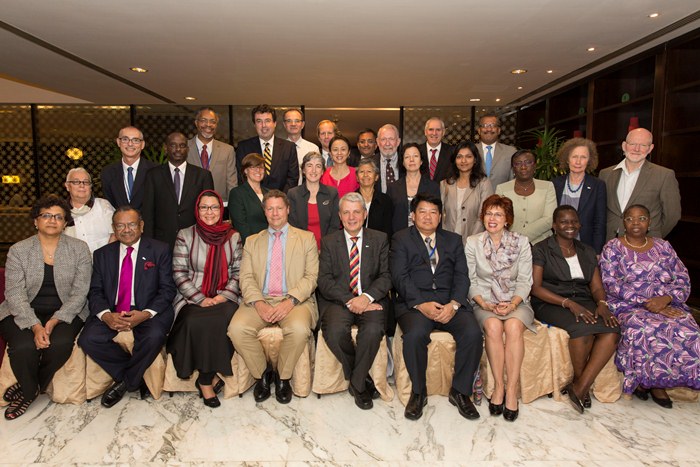
I would hazard a guess that had there been a more diverse set of women at that table, there would have immediately been some discussion of, “Hey, the household environments we are mandating have all the hallmarks of what will foster more gender violence. We need to do something.”
That’s the kind of broader, more diverse thinking we need to think through challenges and find better solutions.
2
What are some of the insidious barriers women face in their global health careers?
For too many women there has been blatant sexual harassment, but for many, many women, myself included, it’s much more subtle. A lot of it comes down to the expression, “death by a thousand cuts.”
You speak in a meeting and nobody seems to hear the point you made until suddenly a male colleague repeats it and everyone says, “Oh, that’s a brilliant idea.” You’re left wondering, “Well, maybe I didn’t express myself well.”
That has an impact on your psyche when it happens over and over again.
There’s also the messaging of, “You’re doing great, but you’re not quite ready for a promotion.”
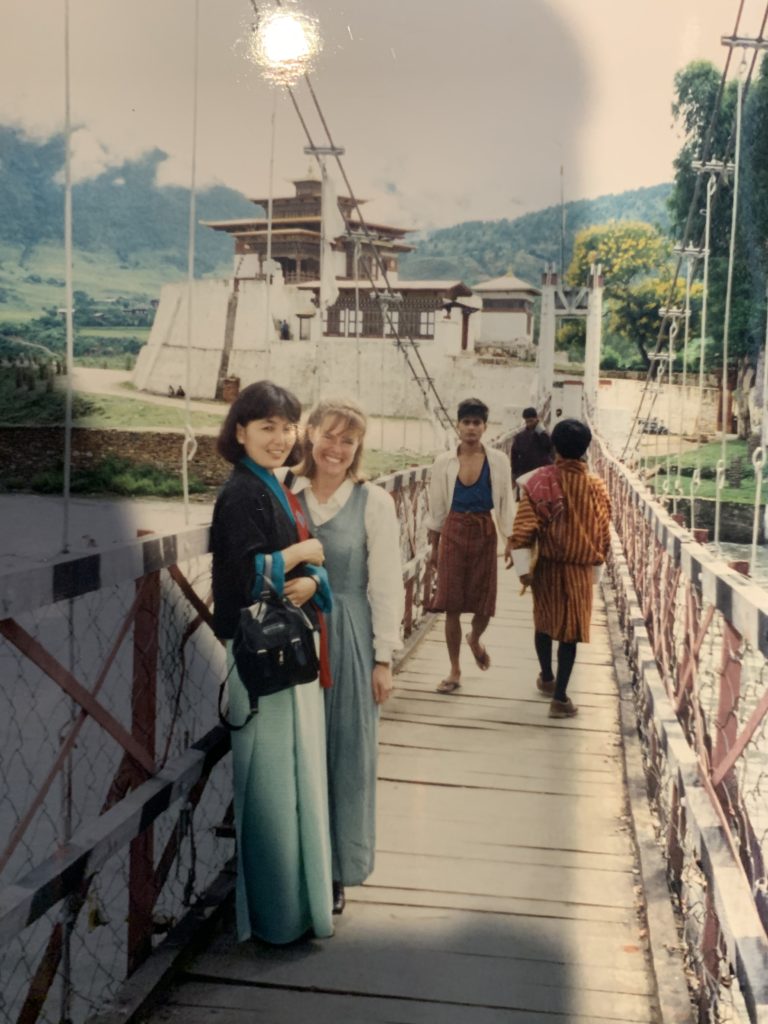
There’s good data that shows men are judged on their potential while women are judged on their experience.
“Joe, he’s got so much potential. He’s never done anything like this before but he’s smart and hard working. Let’s give him a shot. Susan, on the other hand, great person, but she’s never done this before. She’s got really great skills, but she needs a little more experience before she’s ready.”
All of these things have an impact on you as a woman leader — they slow or even derail you in your career progress, diminish how you perceive yourself and ultimately impact your potential.
3
What is the most valuable thing that WomenLift Health can do for women in terms of their careers in global health?
We are engaging with amazing women who have years of leadership experience and deep technical expertise in their particular disciplines. We are giving these women the tools, guidance and space for personal and collaborative learning so they can elevate their own leadership and their own impact in health. And, we are also taking actions to catalyze systemic change in the organizations and society in which they live and work. Transformative change requires action at all levels.
4
What do you hope participants of your Women Leaders in Global Health conference walk away with?
I hope every participant — both women and men — walk away with the motivation to take on concrete action that supports a woman leader.
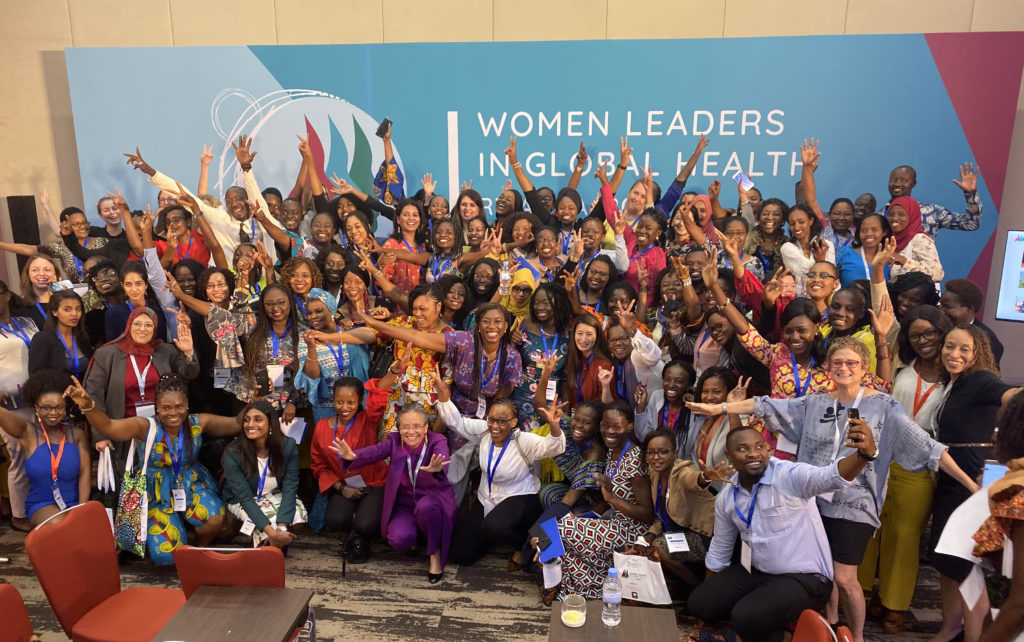
It could be something as simple as committing to say “yes” the next time a young woman asks you to be a mentor or if you’re a man, declining a speaking opportunity and giving that space to a woman leader who hasn’t had the same sort of visibility and opportunities. The conference is a success because these little actions add up.
5
You are currently opening regional offices in India and East Africa. What does the future hold?
That’s right. We’re now moving forward with establishing our presence first in India and then East Africa. From there, we have our eyes set on Nigeria and South Asia. Our goal is to ultimately be working in 25 countries over the next 10 years, establishing our presence in a new geography every 9 to 12 months.
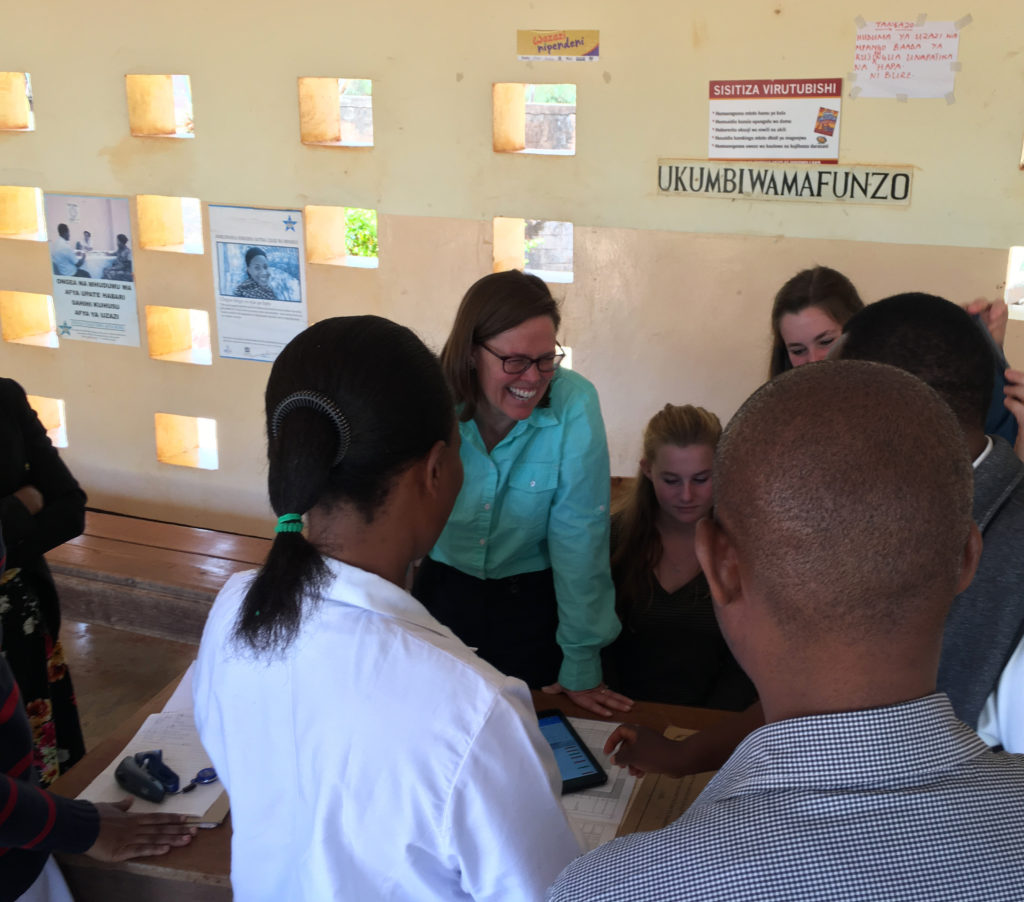
This is an ambitious goal, and it requires strong partnerships to be successful. Luckily, we are finding that there is an immense appetite for this work. For example, in India we are working with senior health leaders who are so passionate about how elevating talented Indian women leaders will help improve health outcomes for the whole country.
We are excited to work with partners around the world so that together we can bring relevant leadership opportunities to as many women leaders as possible. With growing networks of women leaders, and building on what we learn from each partner, our collective potential is exponential.
It’ll be challenging, there’s no question. We have a long way to go, but this mission truly does resonate all around the world.